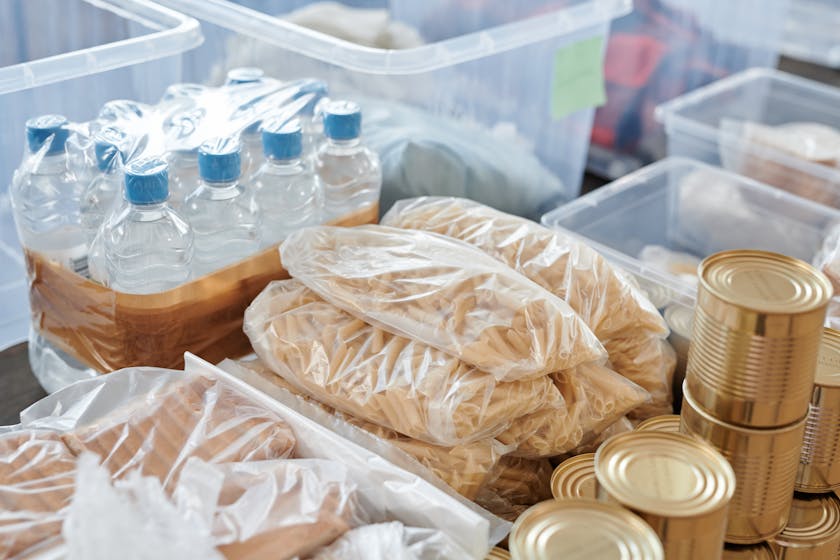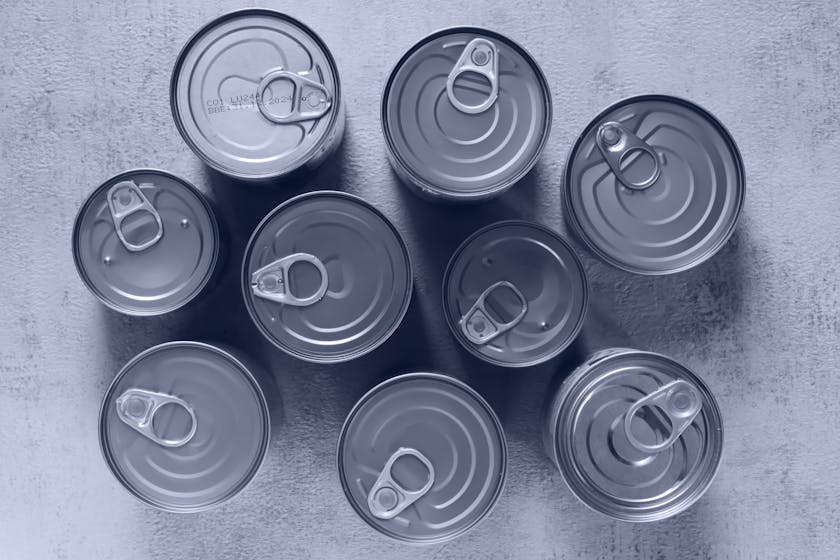Understanding the importance of bulk meal storage for emergency preparedness is a vital aspect of ensuring your family’s safety and well-being. When faced with unexpected situations, having a plan for food sustainability can make all the difference.
Bulk Meal Storage: A Key Component of Emergency Preparedness
Emergencies can strike at any time, and one of the most crucial preparations you can make is to ensure you have a sufficient supply of food. The concept of once-a-month cooking plays a significant role in this, allowing you to prepare and store meals in bulk. This method not only saves time and money but also ensures that you have ready-to-eat meals at a moment’s notice.
Step-by-Step Guide to Effective Meal Planning
Begin with a comprehensive meal plan. Identify recipes that are nutritious, have a long shelf life, and are easy to prepare in bulk. Consider dietary restrictions and preferences to ensure a well-rounded menu. Once your meal plan is set, compile a detailed shopping list and purchase your ingredients in bulk, which is often more cost-effective.
Preparing Your Meals for Storage
When cooking your meals, focus on methods that will preserve the food’s integrity during freezing or other storage techniques. Cook dishes thoroughly, let them cool properly, and then portion them into family-sized servings or individual meals, depending on your needs.
Packaging and Labeling for Long-Term Storage
The right packaging is critical for preserving the quality of your meals. Vacuum sealing or using airtight containers can significantly extend the shelf life of your food. Always label your meals with the date of preparation and expected expiration date. This will help you keep track of your inventory and ensure proper meal rotation.
Choosing the Right Storage Conditions
Temperature control is essential for bulk meal storage. A deep freezer is ideal for keeping your once-a-month cooked meals safe and preserved for extended periods. Ensure that your freezer remains at a consistent temperature to avoid any potential food spoilage.
Regular Inventory Checks
Regularly checking your stored meals is a good practice. This not only helps in rotating your stock but also in identifying any potential issues early on, such as freezer burn or packaging breaches, which could compromise the food’s safety.
Integrating Your Stored Meals into Your Daily Routine
While the primary purpose of bulk meal storage is for emergency preparedness, you can also integrate these meals into your daily routine. This approach helps in maintaining the freshness of your stock by using older items first and replacing them with new batches of cooked meals.
Finally, always be aware of the best-before dates and consume your stored meals within the recommended time frames. Safety should always be your top priority when it comes to food storage and consumption.



